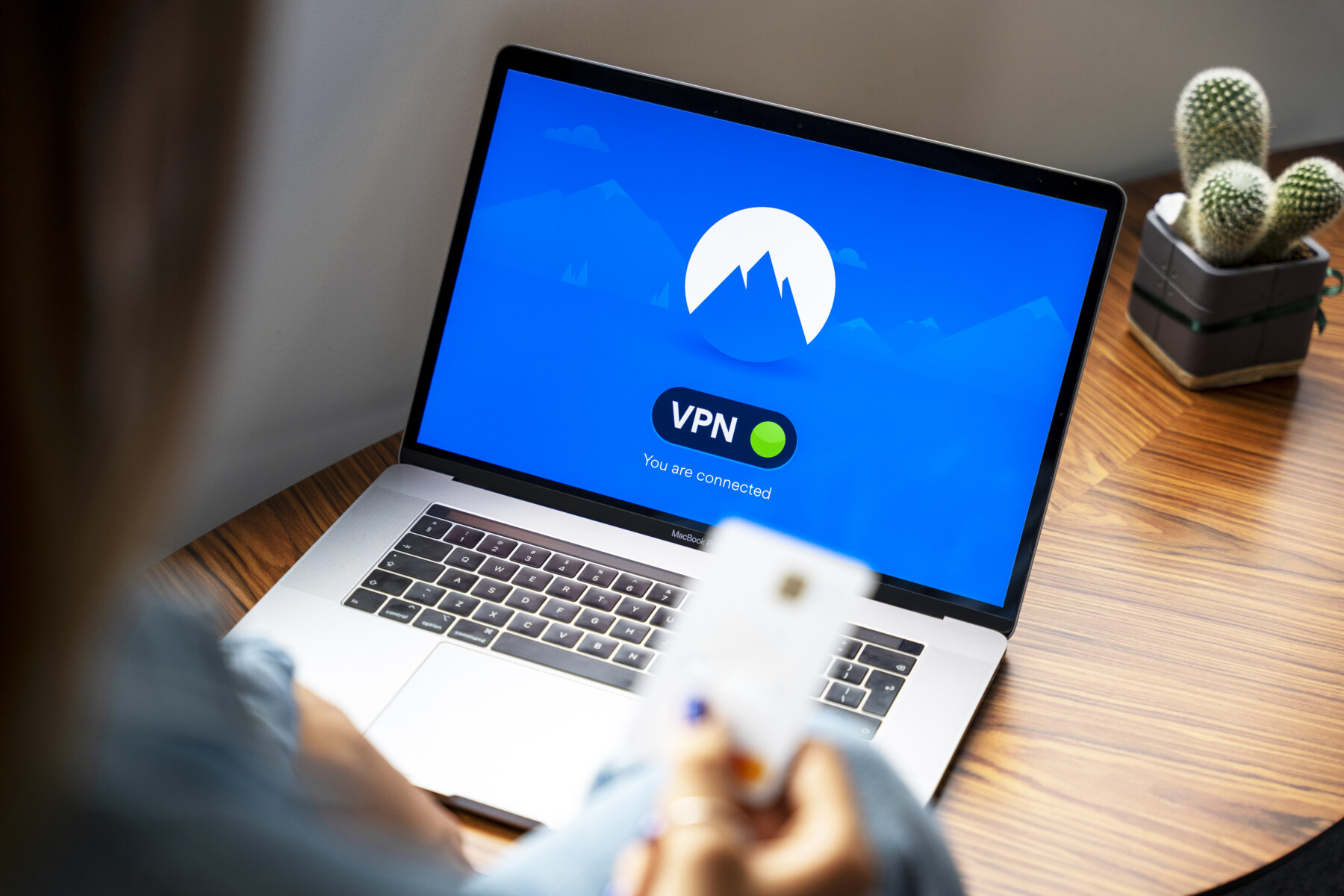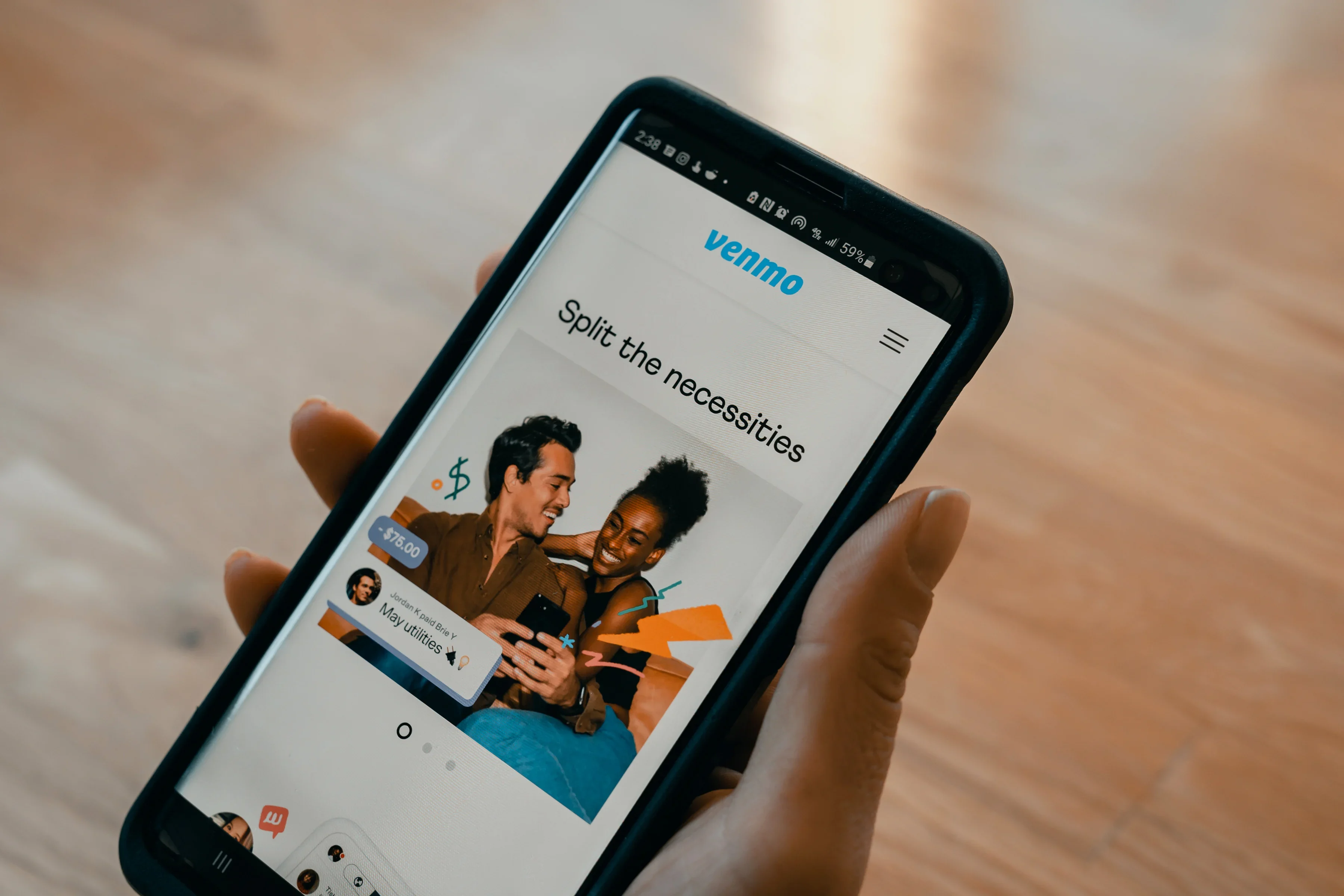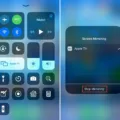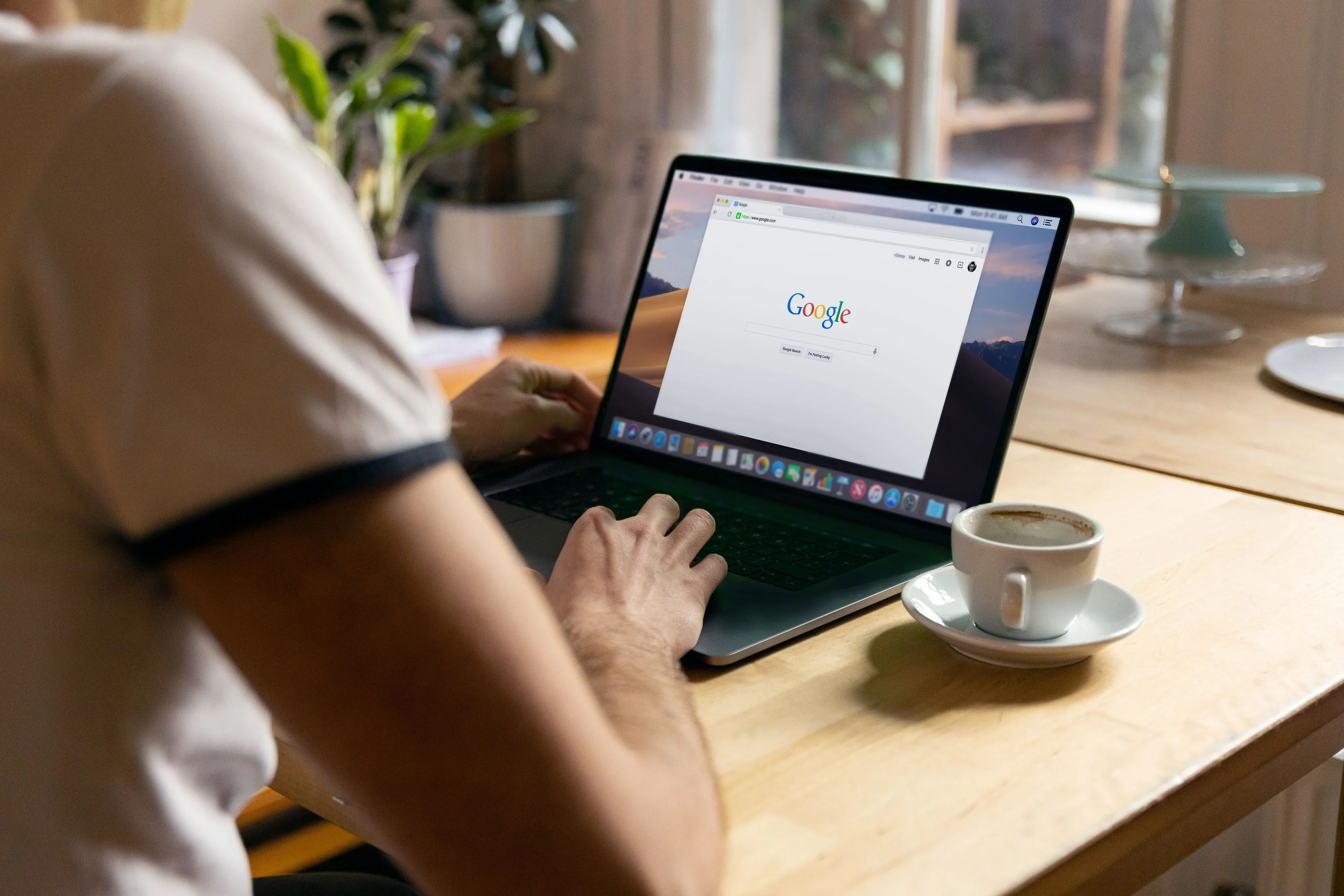If you’re looking for a VPN that can help you access restricted websites and streaming services, Safari VPN is a great option. With servers in over 50 countries, Safari VPN provies fast speeds and reliable connections. You can also use Safari VPN to encrypt your traffic and protect your privacy.

Does Safari Have A VPN?
Yes, Safari has a VPN. You can find it in the App Store or by searching for “Safari VPN” in your favorite search engine. Safari VPN is a great way to browse the web anonymously and securely. It encrypts your traffic and hides your IP address, so your identity and location are hidden from prying eyes.
How Do I Turn On VPN In Safari?
You can turn on VPN in Safari by gong to the Safari menu and selecting Preferences. Then, click the Security tab and select the VPN option.
Is There A Free VPN For Safari?
Yes, there is a free VPN for Safari. It’s called Urban VPN and it’s completely free, with no limits on bandwidth or speed. It uses the OpenVPN protocol for maximum security and privacy, and it’s optimized for high speeds.
Is Safari VPN Safe?
Yes, Safari VPN is safe. A VPN encrypts all of your internet data, ensuring that your Internet Service Provider or any other third parties can’t see your browsing activities. With a VPN, you can stay completely anonymous and safe while browsing on Safari.
Does Apple Have A Built In VPN?
Yes, Apple has a built-in VPN feature called Personal VPN. Your app can create and manage a VPN configuration that uses one of the built-in VPN protocols (IPsec or IKEv2). The user must explicitly authorize your app the firt time it saves a VPN configuration.
Does Apple Need A VPN?
A VPN (Virtual Private Network) creates an encrypted, secure connection between your device and a remote server. This tunnel protects your data from beng intercepted by third-parties, like your ISP or government.
VPNs are epecially important for Apple users because:
– Apple devices are popular targets for hackers. By using a VPN, you can make it more difficult for hackers to target you.
– Apple devices do not come with built-in antivirus protection. A VPN can help fill this gap by providing an extra layer of security.
– Many public Wi-Fi networks are unsecure. A VPN encrypts your data on these networks, protecting your information from beig snooped on by others.
In short, yes, Apple users need a VPN.
How Do I Enable VPN On My IPhone?
To enable VPN on your iPhone:
1) Launch your iPhone’s Settings.
2) Click on General.
3) Select VPN.
4) Tap the button beside Status. Make sure it’s green.
5) Switch it back off once you’re done uing the VPN.
How Do I Activate VPN?
If you want to use a VPN, you will need to set it up. This can usually be done throgh the settings menu on your device. Once you have set up the VPN, you will need to turn it on. This can usually be done by tapping the VPN icon in the status bar.
Which Free VPN Is Best?
It depends on your specific neds and requirements. However, we can narrow it down to a few VPNs that are known for their reliability and performance. These include Atlas VPN, ProtonVPN, Windscribe, and Hide.me.
Can VPN Steal Your Data?
Yes, some VPNs can steal your data. This is because they can install hidden tracking libraries on your devices or steal your private information. Additionally, some VPNs may leave your data exposed to third parties. Finally, some VPNs may even steal your bandwidth.
Should I Leave My VPN On All The Time?
Yes, you should always leave your VPN on. This is because VPNs offer the best online security, protecting you aainst data leaks, cyberattacks, and snoopers.
Can A VPN Be Hacked?
Yes, a VPN can be hacked, but it’s not easy to do so. There are a number of ways to hack a VPN, but the most common is to use a brute force attack. This involves trying to guess the encryption key that is used to encrypt the data that is sent through the VPN. If the key is guessed correctly, then the data can be decrypted and read.
Should I Turn On VPN On IPhone?
Yes, you shoud turn on VPN on your iPhone to help protect your device. VPN can help encrypt your data and prevent others from accessing your information.
Does Safari Have VPN IOS 15?
Safari does not have a VPN built in to the browser on iOS 15. However, you can use Apple’s Private Relay feature to add a pseudo VPN to Safari. Private Relay will encrypt your traffic and route it thrugh two different proxy servers to make it more difficult to track.
How Can I Use VPN On IPhone Without App?
There are a few ways to set up a VPN on iPhone witout using an app. One way is to go into the Settings app and scroll down to the VPN section. From there, you can add a VPN configuration and enter the details of your VPN provider. Once you have saved your settings, you can enable the VPN by clicking the switch next to the VPN profile you have created.
What Does VPN Do On IPhone?
A VPN (virtual private network) encrypts the connection between your iPhone or iPad and the internet. This gives you privacy as it stops your internet provider (and anyone else) from seeing which websites you visit as well as helping to make you anonymous to websites so they can’t track you (unless you sign in to them, of course).
Why VPN Is Not Working On My IPhone?
There are a few possible reasons why your VPN migt not be working on your iPhone. Here are a few things to check:
1. Make sure that you have an active internet connection. Without an internet connection, your VPN will not be able to connect to its servers.
2. Check that the VPN server you are trying to connect to is online and available. Sometimes servers can go offline for maintenance or other reasons.
3. Make sure that you are using the correct credentials to log in to the VPN. If you are using a public VPN, double check that you are using the correct username and password.
4. Try restarting your iPhone and then try connecting to the VPN again. Sometimes devices can get stuck in a bad state and a restart can fix the problem.
5. If you are still having trouble, contact the support team for your VPN provider for further assistance.
How Can I Use VPN Without Any App?
If you want to use VPN withut any app, you can set it up in the Android settings. To do this, go to the “Settings” application and tap the “More…” button. Then, click on the “VPN” option and click on the + Button. Finally, insert the information from your VPN provider.
Which VPN Is Completely Free?
ProtonVPN is a great choice for thoe looking for a free VPN option. ProtonVPN Free comes with unlimited data, has above-average speeds for a free VPN, and allows you to connect to 3 locations (Japan, the US, and the Netherlands).
Is VPN 100% Free?
No, VPN is not 100% free. A Virtual Private Network (VPN) is a technology that creates a private, secure network over a public one. This allows users to send and receive data securely and anonymously without being monitored or tracked by their ISP or government. While tere are some free VPN providers, they usually have data limits or slower speeds, and may sell your data to third parties. If you want to use a VPN for its security benefits, we recommend choosing a paid provider.
Can VPN Read My Passwords?
A VPN can not read your passwords because they are encrypted. However, accessing a website that uses insecure HTTP encryption coud reveal your previously asterisked password as plain text after clicking the login button.
Does VPN Drain Your Battery?
When it comes to battery consumption, thee is no difference in using the VPN with other apps for your battery. Its consumption is normal just like any other apps. We do just recommend to turn off the VPN if you no longer using it so that it won’t run in your phone’s background.
What Happens When VPN Is Turned Off?
When you disable your VPN, all of your internet traffic becomes visible to your ISP. The websites you visit also see your real IP address, which is tied to your physical location. And if you’re on public Wi-Fi, hackers connected to the same network can see and even steal your online data.
Do I Really Need A VPN At Home?
If you’re not already using a VPN you should. A VPN is one of the simplest and most effective ways to protect your online privacy. By encrypting your traffic and routing it through a VPN server, your ISP can no longer see what you’re doing online. This prevents them from throttling your connection, snooping on your traffic, or selling your data to third parties.
A VPN is also a great way to stay safe when using public Wi-Fi. Since all your traffic is encrypted, anyoe trying to intercept it will just see gibberish. This makes it much harder for hackers to steal your data.
So whether you’re at home or on the go, a VPN is a must-have tool for anyone who wants to protect their online privacy.
What Will A VPN Not Protect You From?
A VPN will not protect you from viruses or malware. It will also not protect you from phishing websites or downloading compromised files.
Should I Put A VPN On My Phone?
Yes, you should put a VPN on your phone. Here’s why:
A VPN will encrypt your internet traffic, making it difficult for your ISP or government to track your online activity. This is especialy important if you’re using public Wi-Fi, which is often not secure.
A VPN can also help you access blocked websites and content. By connecting to a VPN server in a diffeent country, you can bypass government censorship and geoblocks.
Finally, a VPN can improve your online privacy by hiding your real IP address from websites and online services. This can prevent targeted advertising and stop companies from collecting your data.








